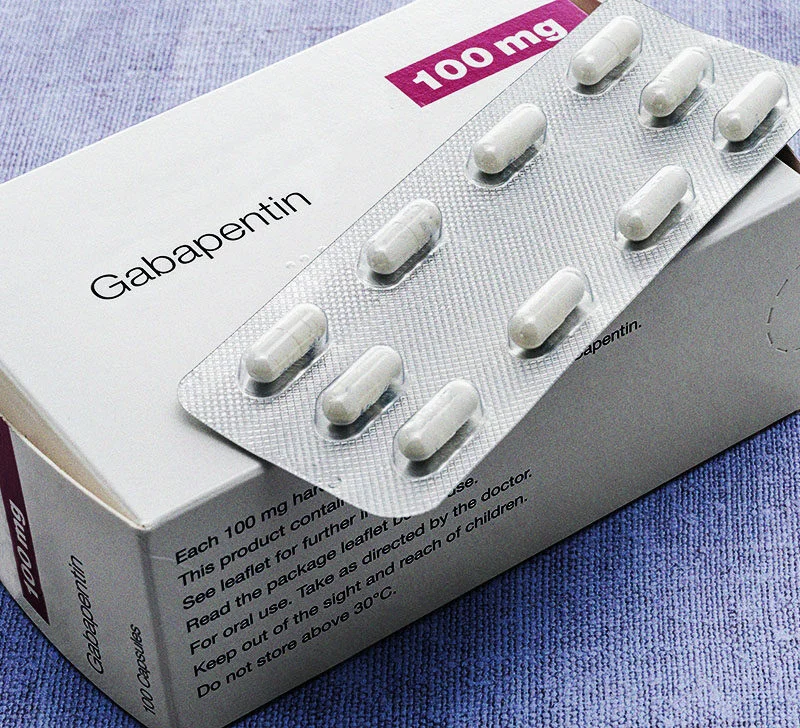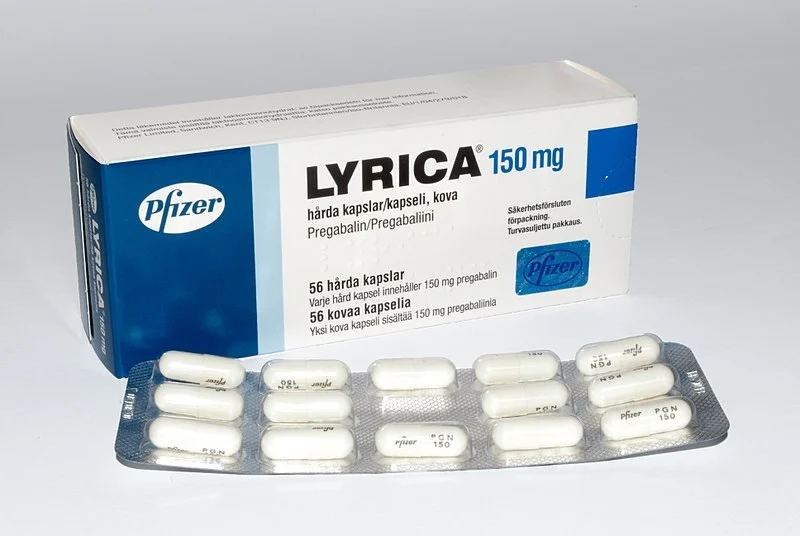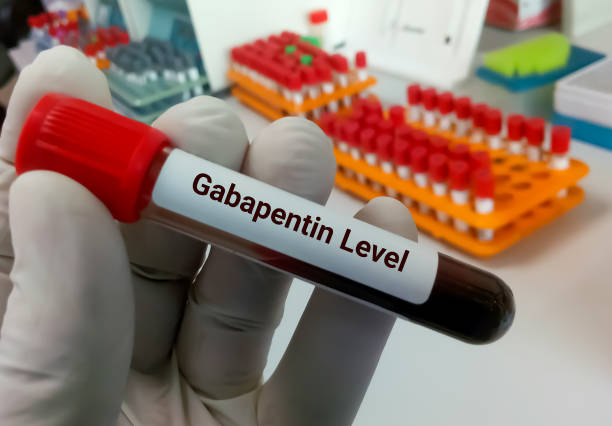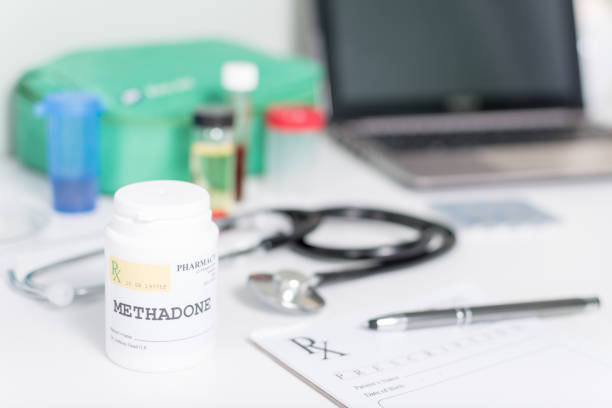Introduction to Gabapentin Dosage
Gabapentin, a widely prescribed medication known for its effectiveness in managing various types of pain, is crucial in alleviating discomfort for many individuals. Understanding the appropriate gabapentin dosage is essential to maximize its benefits while minimizing potential side effects. This article explores the nuances of gabapentin dosage, its applications, and considerations for safe usage.
What is Gabapentin?
Gabapentin is a pharmaceutical drug primarily used to treat neuropathic pain, seizures, and certain types of nerve pain. It works by calming overactive nerves that may cause pain or seizures.

Recommended Gabapentin Dosage
Gabapentin dosage varies depends on the condition and the patient’s individual health factors. The dosage is typically starts low and gradually increased to achieve the desired therapeutic effect. Here’s a breakdown of gabapentin dosage guidelines:
1. Gabapentin for Neuropathic Pain
Neuropathic pain, such as diabetic neuropathy or post-herpetic neuralgia, often requires specific gabapentin dosages:
- Starting Dose: Doctors typically start with a low dose of around 300 mg per day, gradually increasing it to 1800-3600 mg per day based on the patient’s response and tolerance.
2. Gabapentin for Seizures
Gabapentin is also used to manage seizures, with dosages tailored to individual needs:
- Initial Dosage: For adults, the initial dose is usually 300 mg daily on day one, 300 mg orally twice daily on day two, and 300 mg orally three times a day on day three.
3. Gabapentin for Chronic Pain
In chronic pain management, such as fibromyalgia or chronic lower back pain, gabapentin dosage may vary:
- Titration: The dosage typically starts low, around 300 mg daily. It can increase gradually over time up to 3600 mg daily in divided doses.
Safety and Side Effects
While gabapentin can cause side effects such as dizziness, drowsiness, and peripheral edema. It’s essential for patients to follow prescribed dosages and report any adverse reactions promptly.
FAQs
Q: Can gabapentin be taken with other medications?
A: Gabapentin can interact with certain drugs, so it’s crucial to inform your doctor about all medications you are taking.
Q: How long does it take for gabapentin to work?
A: Gabapentin may start providing relief within a few hours to a few days, but it may take up to several weeks to reach its full effect.
Q: What should I do if I miss a dose of gabapentin?
A: Take the missed dose as soon as you remember. However, if it’s almost time for your next dose, skip the missed dose and continue with your regular schedule.
Q: What are the common side effects of gabapentin?
A: Common side effects of gabapentin include dizziness, drowsiness, fatigue, and peripheral edema. Less common side effects may include mood changes, memory problems, and gastrointestinal issues.
Q: How often should gabapentin be taken?
A: Gabapentin is typically taken orally, with dosages throughout the day to maintain consistent levels in the bloodstream. The frequency and timing of doses depends on the condition and the doctor’s instructions.
Q: Can gabapentin be addictive?
A: Gabapentin is not addictive like opioids. However, it may cause physical dependence, especially with long-term use or at higher doses. Patients should follow their doctor’s instructions carefully to minimize the risk of dependence.
Q: Is there a maximum dosage of gabapentin?
A: The maximum dosage of gabapentin varies depending on the condition and individual patient factors. For most conditions, the maximum daily dose ranges from 1800 mg to 3600 mg, divided into multiple doses throughout the day.
Q: How does gabapentin interact with other medications?
A: Gabapentin can interact with certain drugs, including opioids, antacids, and medications used for mood disorders. It’s important to inform your doctor about all medications you are taking to avoid potential interactions.
Q: Can gabapentin be used for anxiety or depression?
A: While gabapentin is primarily use to treat neuropathic pain and seizures. it may sometimes be prescribe off-label to help manage anxiety or mood disorders. However, use this medicine under the guidance of a healthcare provider.
Q: What are the risks of abruptly stopping gabapentin?
A: Abruptly stopping gabapentin can lead to withdrawal symptoms such as anxiety, insomnia, nausea, and sweating. To discontinue gabapentin safely, doctors typically recommend tapering the dosage gradually under medical supervision.
WhatsApp support
Contact with our WhatsApp team to get more consultancy about pain relief medicines.









